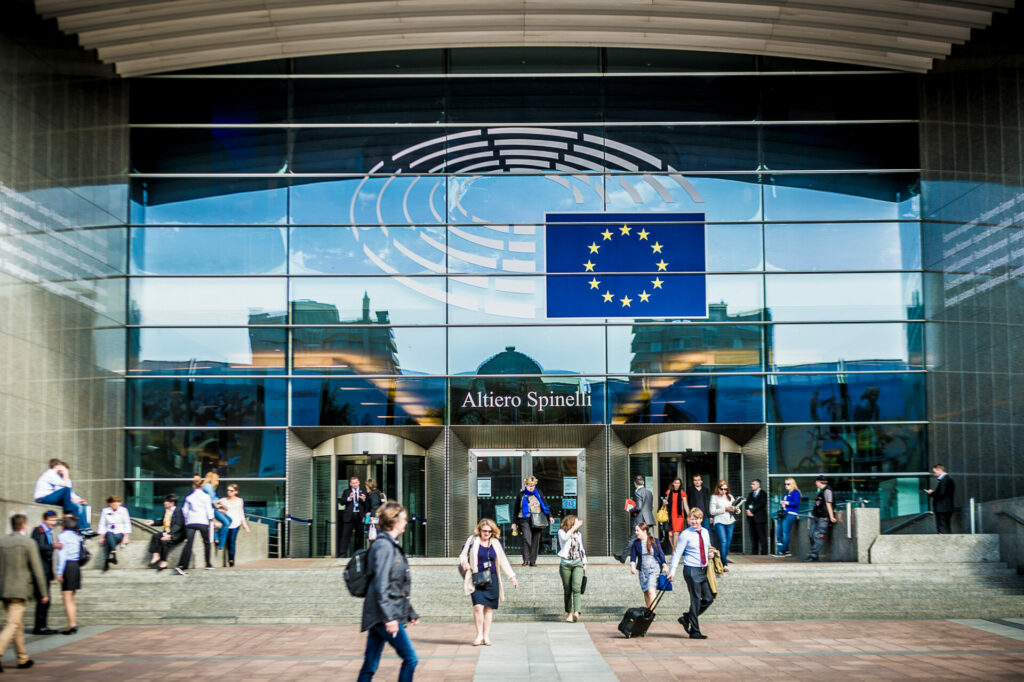The European Parliament voted on landmark digital legislation on Tuesday that aims to set standards for the accountability of online companies and big tech.
Parliament held the final votes on the Digital Services Act (DSA) and the Digital Markets Act (DMA) after a deal was reached between Parliament and Council on 23 April and 24 March respectively.
"For too long tech giants have benefited from an absence of rules. The digital world has developed into a Wild West, with the biggest and strongest setting the rules. But there is a new sheriff in town - the DSA," said DSA rapporteur Christel Schaldemose.
"Now rules and rights will be strengthened. We are opening up the black box of algorithms so that we can have a proper look at the moneymaking machines behind these social platforms."
The bills seek to address the societal and economic effects of the tech industry that up till now have had very few regulations. With these new laws, the EU aims for clear standards on how tech companies operate.
The Digital Services Act was adopted with 539 votes in favour, 54 votes against and 30 abstentions. The Digital Markets Act - with 588 in favour, 11 votes against and 31 abstentions.
Aligning the rules offline and online
The DSA requires digital service providers, such as social media or online marketplaces, to fight the spread of illegal content, online disinformation and other harmful social risks. The move comes as a victory for digital rights campaigners who have called for greater transparency in how tech platforms operate, better measures to counter illegal content online and banning some forms of targeted advertising.
Large platforms with 45 million users or more, will have to comply with even stricter obligations and be subject to independent audits.
New rules for 'gatekeepers'
The DMA sets rules for large online platforms, which effectively act as 'gatekeepers' in that they have a dominant market position making it difficult for consumers to avoid them. The DSA acts to ensure a fairer business environment for smaller companies and allow for more services for consumers.
Failure to comply means that the Commission can impose fines of up to 10% of a company's global turnover in the last financial year, and up to 20% in cases of repeated non-compliance.
The DSA will come into force during autumn 2023 or from 1 January 2021, while the DMA will apply from February 2023. The DMA will be formally adopted by the Council in July and the DSA in September.

